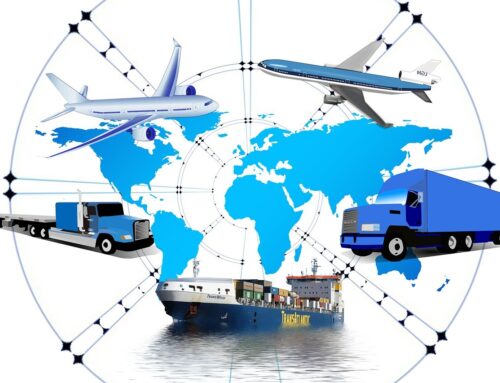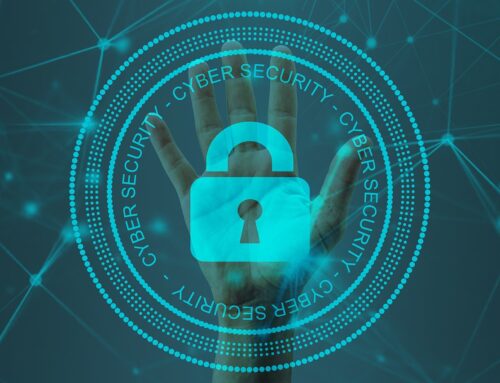Blockchain technologies are the digital, distributed, and decentralized ledger representing the most virtual currencies that are accountable for logging all transactions without the need for a financial mediator, such as a bank. In other words, it’s a new means of transmitting funds and logging information.
The idea of a blockchain was first conceived as the mechanism for supporting Bitcoin. To solve the double-spending problem associated with digital currencies, Satoshi Nakamoto devised an immutable ledger of transactions that chains together blocks of data using digital cryptography.
While the idea works extremely well for Bitcoin and other cryptocurrencies, there are loads of other useful applications of blockchain technology.
Here are the 10 effective applications of blockchain technology
1.Money Transfer and Payment Processing
Potentially the most ideal and rational application of blockchain technology is using it as a means to accelerate the transfer of funds from one party to another. Most transactions carried over via blockchain can be settled within a matter of seconds, while banks take 24hours a day and even seven days a week.
2.Supply Chain Management
Blockchain’s immutable ledger makes it well suited to tasks such as real-time tracking of goods as they move and change hands throughout the supply chain. Using a blockchain opens up several options for companies transporting these goods. Entries on a blockchain can be used to queue up events with a supply chain – allocating goods newly arrived at a port to different shipping containers, for example. Blockchain provides a new and dynamic means of organizing tracking data and putting it to use.
3.Smart Contracts
The use of smart contracts has given rise to a wide variety of blockchain applications. Smart contracts are part of what makes many other blockchain use cases possible. Smart contracts constitute a programmatic agreement between two parties. The contracts exist on the blockchain and can’t be altered. The resulting transactions are also processed by the blockchain, meaning they happen automatically without the need for a third party. The contracts only execute when the agreed-upon conditions are met.
4.Healthcare
Medical record-keeping has already been moving toward the digital realm for many years. With blockchain, patient records could be stored even more securely in a way that would make them impossible to tamper with.
Some companies are even exploring the possibility of sharing healthcare data in a way that remains private yet can be verified by both parties as being true and accurate.
5.Secure National Identity Data
Further, blockchain is being used by governments for digital identity management. A good example is Estonia, which is using blockchain-based for digital identity to digitize national identity records, secure citizen data to reduce identity fraud, and reduce inefficiencies of legacy digital ID management platforms such as high costs.
6.Application In Copyright Protection
There are countless startups using blockchain to allow their customers to secure IP rights. Once artwork is registered on the platform, customers can protect their work from being used illegally without their permission. The owners can also pursue legal injunction in case of violations using the certificate provided on the platforms. These platforms discourage infringement of copyrights and encourage licensing.
7.Real Estate
Real estate transactions require a ton of paperwork to verify financial information and ownership and then transfer deeds and titles to new owners. Using blockchain technology to record real estate transactions can provide a more secure and accessible means of verifying and transferring ownership. That can speed up transactions, reduce paperwork, and save money.
8.Voting
This may be one of the most compelling and straight-forward blockchain use cases: Blockchain could make the possibility of voter fraud a thing of the past. Using blockchain technology can make sure that nobody votes twice, only eligible voters are able to vote, and votes cannot be tampered with. People could cast their votes digitally in a way that could not be altered and could be seen and verified by everyone.
9.Digital Identity
Companies like Microsoft are working on ways to create blockchain applications that would create digital IDs within an authenticator app, giving users full control of their digital identities. This could allow people in impoverished regions to gain access to the financial system, healthcare, various areas of industry, and so on. Like many blockchain use cases, Microsoft’s efforts to create a decentralized digital ID are still early and ongoing.
10.Data Backup
Blockchain technology is the ideal way to back up data. Even though cloud storage systems are created to be a go-to source for data safekeeping, they’re susceptible to hackers, or even infrastructure problems. Using blockchain as a backup source for cloud data centers or any data could settle this issue.







Leave A Comment